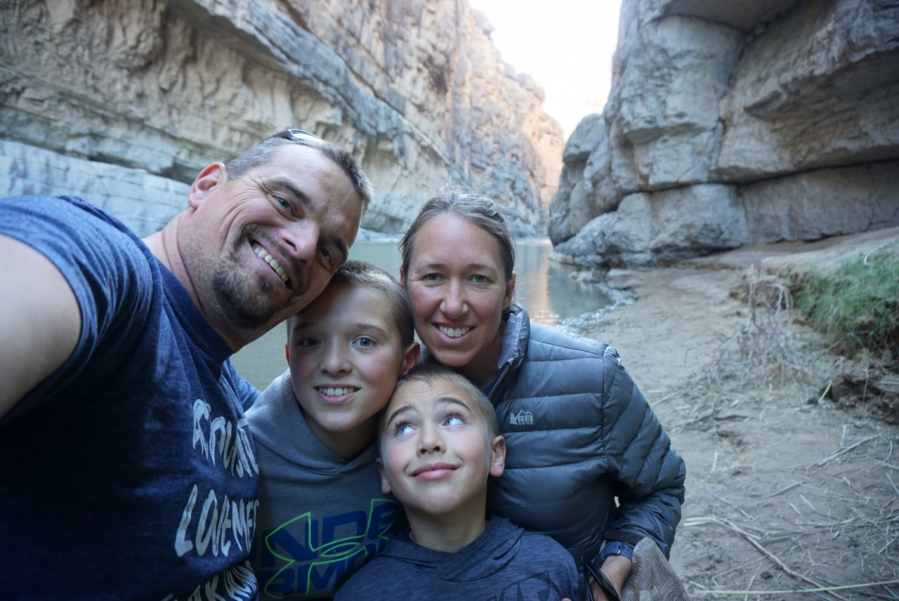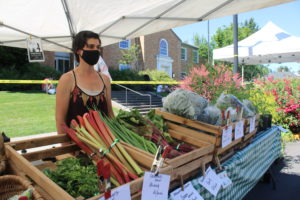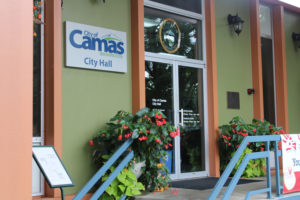Washougal resident Andy Dryden started talking with his wife, Heidi, about embarking on a cross-country road trip last summer after he learned that he would be working remotely and their two young sons would be learning remotely in the fall because of the COVID-19 pandemic.
“We sold our house right at the end of summer, so we thought, ‘Let’s get an RV and go on a big trip. We won’t have an opportunity like this for a while,'” said Andy, an engineering professor at Mount Hood Community College in Gresham, Oregon. “I’ve always wanted to drive around the country.”
They purchased a 1984 Winnebebago, set out from their Washougal home on Sept. 25, 2020. The family returned to Washougal nearly four months later, on Jan. 15, after visiting 45 states and part of Mexico.
“We had a great time,” Andy said. “This was a unique opportunity to be able to have a job and stay in school and travel, so we jumped at it. I kind of relate it to backpacking. I used to love backpacking because you carry everything on your back that you need to survive. We drove a 1984 RV. It wasn’t fancy, it wasn’t super-cool, but it had everything we needed, and there was something pretty simple about that that we just really enjoyed.”
And, as Heidi put it, “quarantining in a camper while seeing the United States beats quarantining in your mother-in-law’s basement.”




